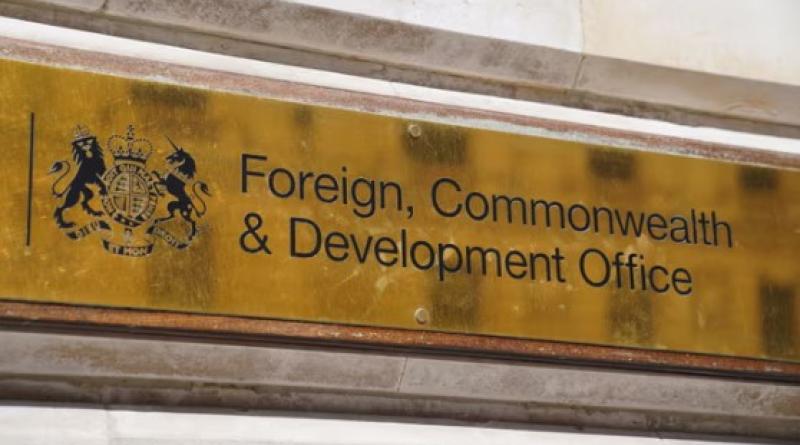More than £2bn of UK foreign climate aid channelled through consultancies since 2010

Findings raise concerns among experts who say climate funding works best when invested directly in local communities
More than £2bn of UK foreign aid aimed at helping poorer countries cope with the escalating climate crisis has been channelled through private consultancies since 2010, according to an analysis.
The investigation by Carbon Brief found that more than 10% of UK foreign aid spent on climate-related projects had gone through consultants like KPMG, PricewaterhouseCoopers (PwC) and Adam Smith International.
The findings have raised concerns among those on the frontline of the climate crisis who say climate funding works best when it is invested directly in local communities rather than through international corporations.
Saleemul Huq, director of the International Centre for Climate Change and Development in Bangladesh, said: “There is a long history of sending international consultants to developing countries to assist in tackling climate change, which have not resulted in any real benefits after the international consultants leave the country.”
The analysis found that at least £2.11bn had been handed to dozens of management consultancies such as KPMG, PwC and Adam Smith International since 2010. They have provided guidance on everything from hydropower dam construction in Nepal to farm diversification in Ethiopia.
Alongside private consultancies, the UK’s climate finance is also spent via large international bodies such as the World Bank, UN agencies, development banks and NGOs.
Much of the money administered by these groups goes directly to projects, although all of them take cuts along the way to pay for staff and other expenses. Nevertheless, experts say the large scale involvement of private consultancies can lead to the money being used less effectively, adding there is growing opposition to climate aid being funnelled through these companies rather than groups with local contacts and expertise.
Clare Shakya, a climate finance expert at the International Institute for Environment and Development, said the least developed countries and small-island states in particular had pushed for funding for more long-term climate action rather than the project-based activities consultancies often supported.
She said: “The poorest and most climate-impacted countries are clear that business as usual in climate finance is not working for them. Short-term projects driven by external experts are failing to provide the support they need to transform to low-carbon development and greater climate resilience.”
The UK government has scaled up its spending on consultants and made it easier for public sector bodies to hire them in recent years. At the same time, their role in public life has been under growing scrutiny. Academics, politicians and officials have criticised the outsourcing of responsibilities to expensive private contractors.
Responding to these concerns during her speech at the Labour party conference this week, Rachel Reeves, the shadow chancellor, vowed to slash consultancy spending by half if her party won the next election.
Carbon Brief’s analysis looked at more than 25,000 transactions listed on the government’s development tracker website from projects that contribute to the UK’s International Climate Finance.
Both KPMG and PwC declined to comment on Carbon Brief’s findings or the criticism of consultancies running climate-finance projects. They also declined to share information on how much money they retained as fees for their services on these projects.
The UK government declined to comment on its use of consultancies to administer climate-finance projects.
A spokesperson for Adam Smith International said it did not recognise the figures in the Carbon Brief analysis. They added the consultancy “ardently ensures optimal value for money in [its] projects”, with “competitively and responsibly structured” fees and “transparency in [its] financial dealings, including profitability and expenditure”. They also said the organisation “places a paramount emphasis on both leveraging and strengthening local capacities in all our projects”, with the “majority” of ASI funds being used to engage national consultants and partnering with local groups.
Photograph: Lucy North/PA - More than 10% of UK foreign aid spent on climate-related projects went through consultants like KPMG, PwC and Adam Smith International. \





